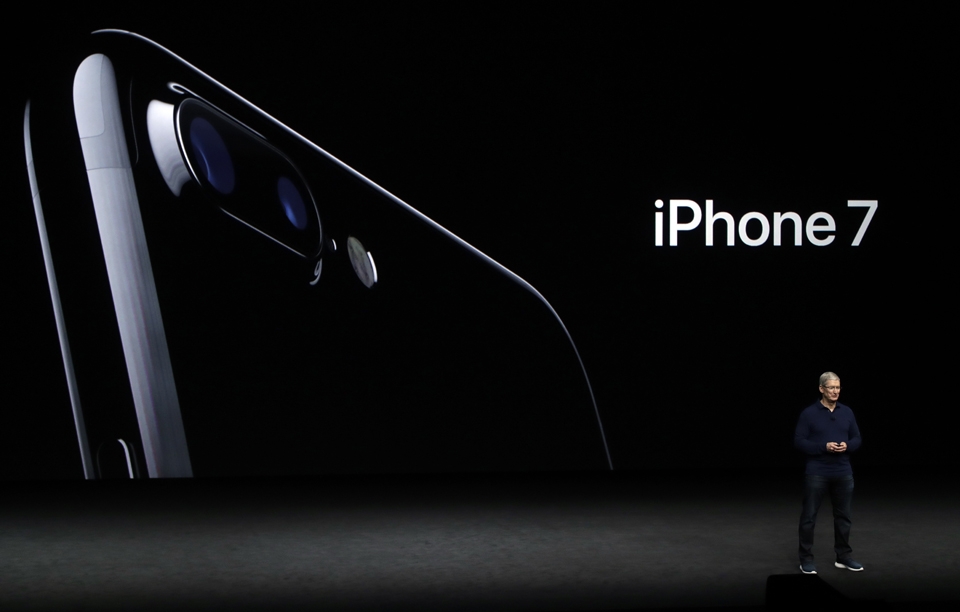
11/12/2020
Alexander Wolfe | Staff Columnist
As the election-obsessed individuals among us take the time to reset their brains and purge the names of different Michigan, Florida and Georgia counties from our heads, a new political battle has already emerged.
Yes, while America takes a break from constantly checking the Apple News Associated Press electoral vote tracker, the Democratic party has taken a moment to initiate the dispute between progressives and moderates many have been expecting for about 18 months.
The conflict actually started before the presidential election was called, because while, in Joe Biden’s own words, he “IS the Democratic party,” the Democratic party that is about to matter to the president elect is tearing itself apart on Capitol Hill.
Lost beneath the presidential tweets from a greenside bunker was a series of reports documenting the upcoming fight, the most prominent of which was a New York Times interview with newly re-elected representative Conor Lamb (PA-17).
On Nov. 8, the New York Times profiled the congressman and his position on the state of the House Democratic caucus. Lamb on Saturday was referenced in a New York Times interview with Alexandria Ocasio-Cortez (NY-10), as an example of how moderate Democratic house members had misallocated their funds in the final weeks of the campaign.
Speaking about how Democratic moderates had been running campaigns, Ocasio-Cortez explained, “Some of this is criminal. It’s malpractice. Conor Lamb spent $2,000 on Facebook the week before the election. I don’t think anybody who is not on the internet in a real way […] and loses an election can blame anyone else when you’re not even really on the internet.”
She went on to critique the Democratic party’s lack of meaningful online presence, touching on the importance of online and interpersonal authenticity. Lamb’s responses were, as one might expect, restrained, but he did respond directly to the criticism of policy saying that, “[his constituents] are extremely frustrated by the message of defunding the police and banning fracking. And I, as a Democrat, am just as frustrated.”
Both representatives, young, up-and-coming members of the Democratic party have had to claw their way into the national spotlight by toppling establishment candidates and defying expectations. Their conflict now is a snapshot of the larger debate among liberal strategists.
In analyzing the debate, I evaluated the seat retention of different Democrats based on what policies they may or may not have advocated, their performance in their district, the 2020 presidential election outcome in their district, and the 2016 presidential election outcome in their district. Some interesting patterns emerged that lead me to believe this battle may take decades to fight. Primarily, that both Lamb and Ocasio-Cortez are correct when talking about their own districts, but incorrect about each other’s districts.
Moderates like Lamb, Elissa Slotkin (D-MI) and Abigail Spanberger (D-VA) often come from competitive districts or districts President Trump won in 2016 that tend to lean Republican.
Lamb, Slotkin and Spanberger all have a military background of some kind and are moderate on policy, courting a larger spectrum of voters necessary to maintain their seats. According to Lamb, progressives continue to advocate “unworkable and extremely unpopular policy” and moderates like him are looking for a more clear-cut message on policy going forward.
Lamb’s support of clear policy is logical, but it’s also the kind of bland rhetoric Democrats have come to expect from moderates. If the success of the SettleforBiden instagram account is any indication, establishment Democrats have a short memory, as the strategy of embracing an inspirational candidate is what won them the presidency in 2008 and 2012.
However, inspirational candidates may not find the same footing in a House race that they would running for president, and most candidates are not running for the highest office.
Ocasio-Cortez and progressives like her continue to grow in numbers — Cori Bush, Jamaal Bowman, etc. — but they still compose a minority in the House Democratic caucus. The silence of moderates allows them to punch well above their weight, and their poignant rhetoric on defunding the police, Medicare for All and other policies has cut through the national conversation.
On a Friday call, progressive Pramila Jayapal (D-WA) defended progressives for advocating policy positions that she said their communities supported. Spanberger shot back that representatives like her would get slaughtered in the midterms if progressives continued to push the party toward Medicare for All and similar policies.
Despite all this, exit polling showed that 72% of voters favor transitioning to a government-run healthcare plan. This disconnect has formed the bedrock of the conflict taking shape within the Democratic party.
A majority of voters consistently favor many progressive policy positions: Medicare for All, marijuana legalization, $15 minimum wage, the concept of a Green New Deal, but these voters consistently elect politicians who ignore or flatly oppose those positions.
Regardless, the party has shown the propensity to come together. Lamb as Tony Stark and Ocasio-Cortez as Captain America can come together to defeat Trump’s Thanos if necessary. That said, there is no time-travel in 2020, and despite everything that’s happened in the past four years, the idea of pre-Trump Washington gridlock is still as unappealing as ever.



